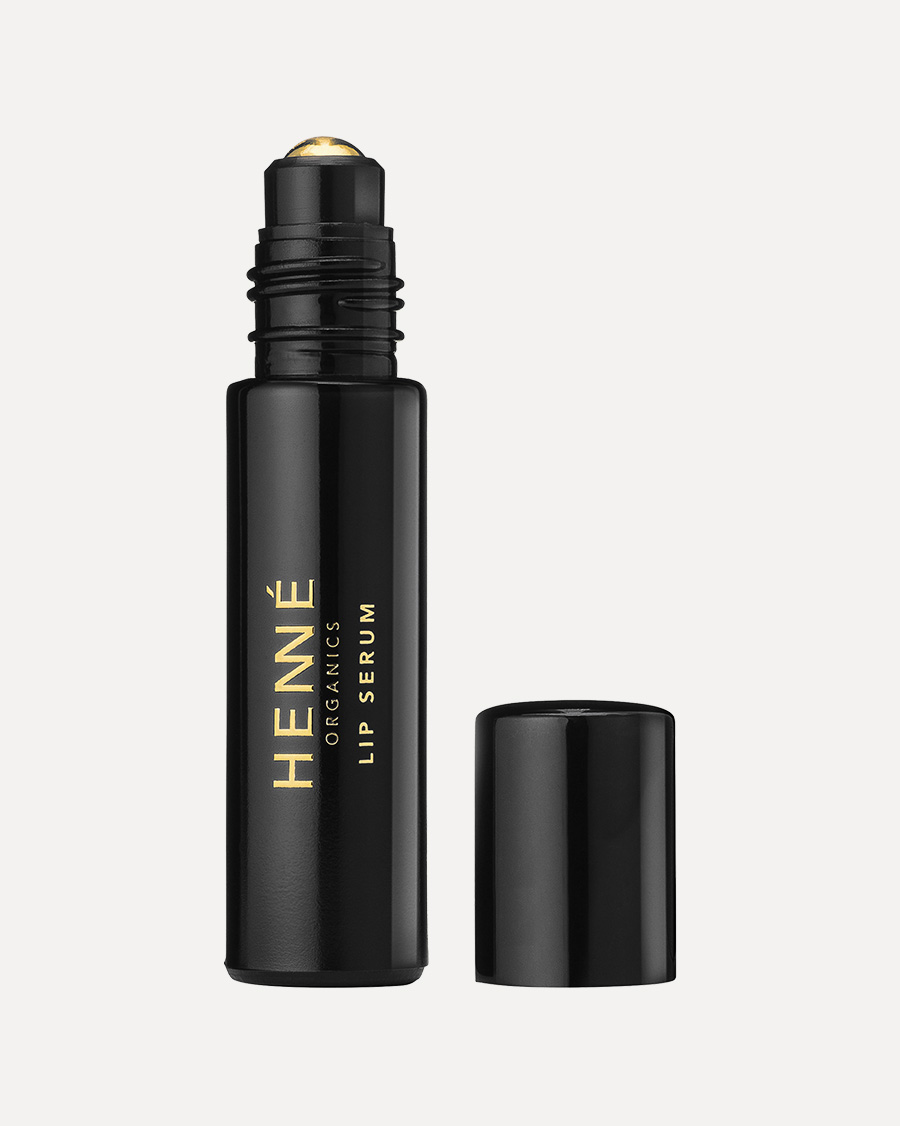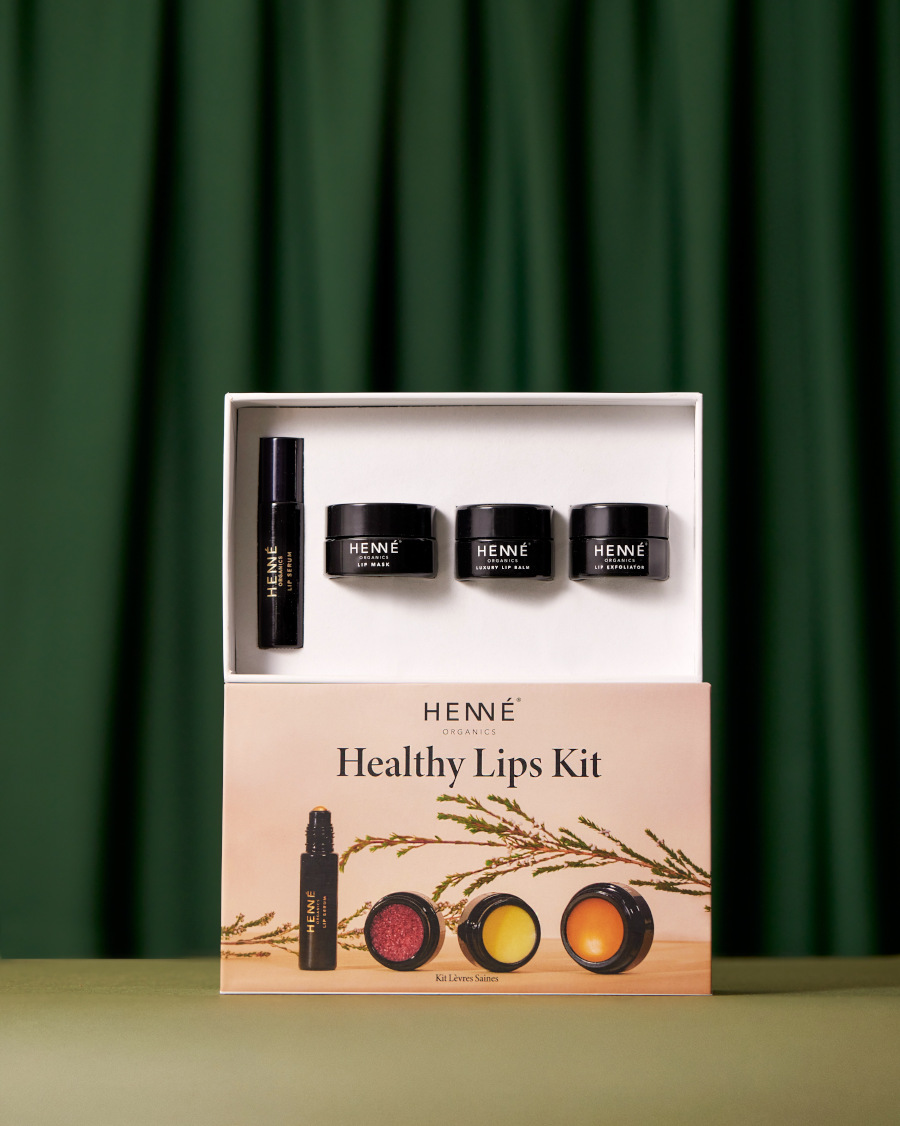A Bunch of Fun and Quirky Swedish Traditions
Photo cred: Mikael Kristenson
Fika
Fika is a staple in Swedish culture. With its combination of conversation, tea coffee, pastries, it embodies the concept of slowing down. Unlike the American culture where grabbing a coffee means to-go, fueling up, and hitting the road, fika represents a true break-- a moment to sit, reflect, and take time for yourself, or to gather with friends, often talking hours on end. Fika encourages a sip of coffee while savoring the moment.
Lagom
Often called the Swedish Secret or the Swedish Philosophy, lagom loosely translates to “just the right amount.” Not too little, not too much, this word is not only used to describe something in conversation, but it also describes a lifestyle that promotes balance and mindfulness. Instead of a life full of extremes, lagom promotes a happy middle.
Midsommar
Also known as “summer solstice,” midsommar is a popular celebration accompanying and surrounding the actual solstice. With the sun hardly setting and what feels like endless daylight, Swedes gather all across the country to celebrate the sun. Rooted in pre-Christian, sun-worshipping cultures, many of its traditions from years ago are still present today. Women and children still put wildflowers in their hair and communities still decorate phallic midsommarstänger, or maypoles, for people to sing and dance around. One of the most common songs recited is Små Grodorna or “Small Frogs.” Devoted to drinking, eating, dancing, and commemorating rituals, midsommar is the ultimate day in the sun.
Keep Count of the Weeks
Do you know what week it is? Swedes sure do! In Sweden, people often keep track of what week of the year it is, referring to the numbered week instead of the typical dates. For example, someone could be like, “Are you free on Monday of week 22?” Sounds confusing? It could be at first, but you’ll get the hang of it!
DAYS OF CELEBRATING FOOD
Similar to our National Food Days (my favorite is National Pancake Day because of the free stacks of pancakes!), Sweden has its own set of days dedicated to celebrating food. Here are some of the most popular days:
Kanelbullens Dag (Cinnamon Bun Day)
To all the sweet-toothed Swedes, Kanelbullens Dag is heaven-sent. Every year on October 4th, cinnamon buns are celebrated all across the country. Cafes, restaurants, and convenience stores are filled with these spiced buns. The holiday pays homage to the value of home-baking. Have a fika on Kanelbullens Dag with the delicious baked goods.
Våffeldagen (Waffle Day)
A day all about waffles? Count me in! On March 25th, Swedes celebrate Våffeldagen in cafés, restaurants, and at home. Although pretty simple, the origin of this holiday is quite interesting. March 25th is also known as the Feast of the Annunciation, marking the day when Gabriel came down to earth and told Mary that she would birth Jesus in nine-months time. Feast of the Annunciation is known as “Our Lady Day” or Vårfrudagen, which sounds very similar to Våffeldagen, thus Waffle Day was born. The Swedish waffle fairs differently from other waffles due to flatter, heart-shaped look. It is often enjoyed with jam and lightly whipped cream.
Semmeldagen (Semla day)
This cream-filled bun instantly had me drooling with desire solely from their pictures. Semmeldagen is known as Semla day, where this small, wheat flour bun, filled with flavored almond and cardamom paste and vanilla whipped cream, is celebrated. Those who are addicted to these buns eat them as a daily routine, others eat them only on the weekends, and truly traditionals only eat them on Fettisdagen, or “Fat Tuesday.”

Lördagsgodis (Saturday Sweets)
As a kid in Sweden, Saturday is a special day. It is the one day of the week, and definitely the highlight of the week, when children are allowed to buy sweets. Lördagsgodis translates to Saturday Sweets and children fill the candy stores scouting for their pick of the week. Pick and mix is a common way to celebrate Lördagsgodis, which means that you can grab a bag and fill it with your choice of candy, chocolate, gummies, and more.
Kräftskiva (Crayfish Party)
Think of the perfect August night: warm with a slight breeze, the sun setting beautifully, and friends gathering around. What’s missing? Crayfish! Kräftskiva is a summertime celebration of eating, drinking, and putting on funny coned hats with colorful prints. The smörgåsbord consists of bowls of crayfish, traditionally cooked in brine, with plenty of crown dill. Sounds of drinking, cracking of shells, sucking noises to extract the juices, and plenty of laughter illustrates the perfect Kräftskiva.

Lag om personnamn (Naming Law)
Want to name your baby Pickle? Well, make sure the authorities approve of it first! Lag om personnamn, or the naming law, is a Swedish law which requires baby names to be approved by the Skatterverket, or the Swedish Tax Authority. Parents need to submit the chosen name within three months after giving birth. Some names that have been rejected in accordance with this law are Metallica, Superman, K8lyn, and (my personal favorite) Brfxxccxxmnpcccclllmmnprxvclmnckssqlbb11116, which is pronounced as Albin.
English Everywhere
Swedes learn English at a young age, granting them bilingual status by elementary school. Most people have weekly classes dedicated to learning English. Conversation and communication in English are widely valued in Swedish schools. In fact, most English-speaking movies and tv shows are not dubbed in Sweden, allowing for more practice outside of the classroom.
Punctuality
Similar to Laura’s Chinese culture, Swedes take punctuality very seriously. In both business and social engagements, Swedes are rarely ever late, and they expect you to be the same. Being late, especially without prior notice, is seen as poor etiquette. With Axel’s and Laura’s share of principles, if you have a meeting with them, be sure to arrive on the dot!
Systembolaget
With their social mission to sell responsibly, Systembolaget is a government-owned chain of liquor stores in Sweden promoting responsible drinking to minimize alcohol-related problems. It is the only retail store allowed to sell alcoholic beverages. Since alcohol in bars and restaurants is pricey, Swedes do most of their drinking at home before they head out, thus buying from Systembolaget. Keep in mind that although the legal age of drinking is 18 in Sweden, you have to be 20 years old to buy alcohol from Systembolaget.

Queuing and the art of standing in line
Ever encounter a perfectly queued line? If so, it was probably in Sweden. Take a ticket, wait your turn, and never cut. This form of queuing is seen everywhere in Sweden. From bakeries to restaurants to Systembolaget, queuing is a social phenomenon rooted in the culture’s liking to rationality and order. Swedes never cut in line and are so good at queuing, Laura refers to it as an art form. The numbering system is very common, pairing with a time estimate to your number. Beware, if you do cut in line, expect several death glares.
Recycling at its best
Known as the Swedish recycling revolution, the impeccable effort and consciousness in Sweden emphasizes the aim for zero waste. In fact, more than 99% of its waste is recycled or burned for energy, leaving less than 1% in the landfill. Sweden is definitely a role model in the recycling world!



